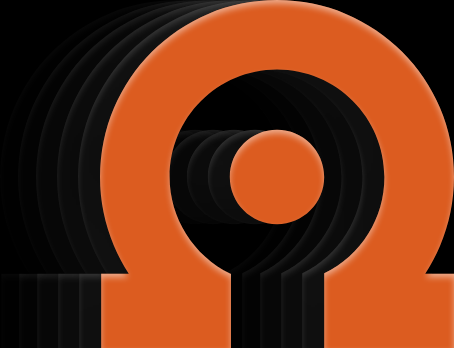 The fastest Scalable blockchain Protocol
The fastest Scalable blockchain Protocol
 The fastest Scalable blockchain Protocol
The fastest Scalable blockchain Protocol
 The fastest Scalable blockchain Protocol
The fastest Scalable blockchain Protocol
 The fastest Scalable blockchain Protocol
The fastest Scalable blockchain Protocol

Generating Quality Traffic From Top Sites and reach 500+ Daily Active Users. Reach Target Audiences.

It gives head start advantage to Lycan chain over other new blockchains as Ethereum community is the most active community of Dapp world and already multiple utility Dapps are built and are being built upon the Ethereum. With EVM compatibility all such Dapps can be implemented on the Lycan chain.
Absolutely anyone can become a validator on Lycan chain by staking their Lycan coins. There is no need of KYC documents to join the community. This truly makes it Decentralized, highly secured, censorship resistant and community driven blockchain.
Lycan chain is fast, compatible, modular, secured and interoperable. Transaction cost on the Lycan chain is lower than the other blockchains.
Lycan chain is introducing a new concept of referral system - ‘Proof of Bite’
A person can only be a Beta (Delegator) only if he is bitten by (referred by) an Alpha (Validator). With every bite 1000 Lycan coins will be burnt from Alpha’s wallet and that will control the circulating supply of the coin
Learn More
Alpha is a leader of a werewolf pack. Werewolves consider strongest of them as their Alpha leader. Similary Top 21 stakers of a Lycan coin will become a validator because they will hold a strongest position among all other candidates.
A living person becomes a werewolf if he is bitten by an Alpha werewolf. Similarly, candidate can become a Beta only if he is bitten by an Alpha.


Lycan chain ecosystem is providing a platform where community can burn Lycan coins and receive Omega stable coin in return. This coin will be free of all the transaction costs in the Lycan chain. The collateral ratio will be decided by the community via uniquely designed decentralized governance mechanism.
 The fastest Scalable blockchain Protocol
The fastest Scalable blockchain Protocol
 The fastest Scalable blockchain Protocol
The fastest Scalable blockchain Protocol
Proof of bite is the consensus algorithm of the Lycan chain. As most powerful werewolf becomes an Alpha, top 21 stakers will become validators. This mechanism will be checked and decided after each epoch. All of this process will be managed by smart contracts giving it complete decentralization and no interference.

Lorem ipsum dolor sit amet, consetetur sadipscing elitr, sed diam nonumy eirmod tempor invidunt ut labore et dolore magna
Lorem ipsum dolor sit amet, consetetur sadipscing elitr, sed diam nonumy eirmod tempor invidunt.
Lorem ipsum dolor sit amet, consetetur sadipscing elitr, sed diam nonumy eirmod tempor invidunt ut labore et dolore magna

Lorem ipsum dolor sit amet, consetetur sadipscing elitr, sed diam nonumy eirmod tempor invidunt ut labore et dolore magna aliquyam erat, sed diam voluptua. At vero eos et accusam et justo duo dolores et ea rebum. Stet clita kasd gubergren, no sea takimata sanctus est Lorem ipsum dolor sit amet. Lorem ipsum dolor sit amet, consetetur sadipscing elitr, sed diam nonumy eirmod tempor invidunt ut labore et dolore magna aliquyam erat, sed diam voluptua. At vero


Lorem ipsum dolor sit amet, consetetur sadipscing elitr, sed diam nonumy eirmod tempor invidunt ut labore et dolore magna aliquyam erat, sed diam voluptua.
















